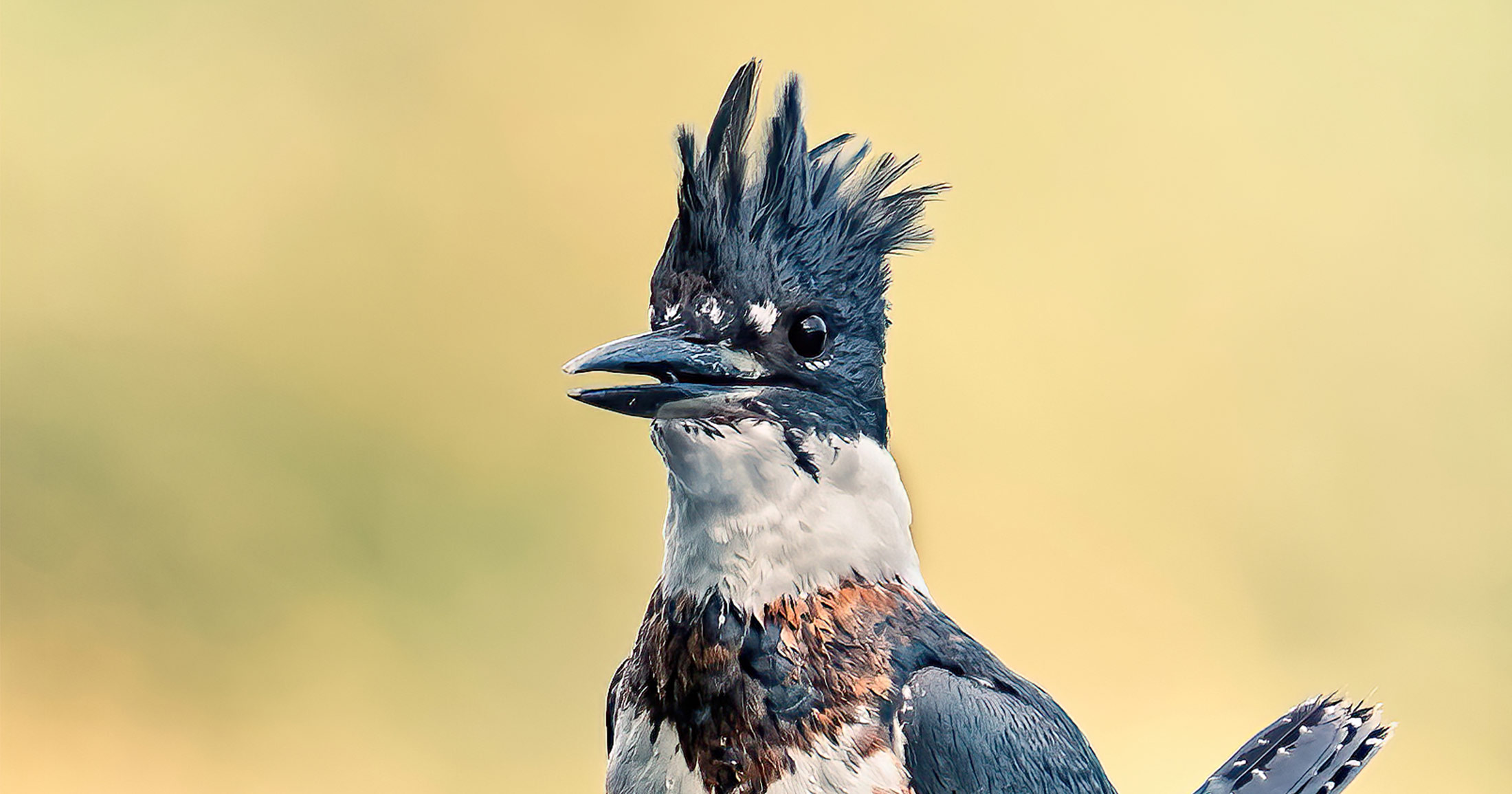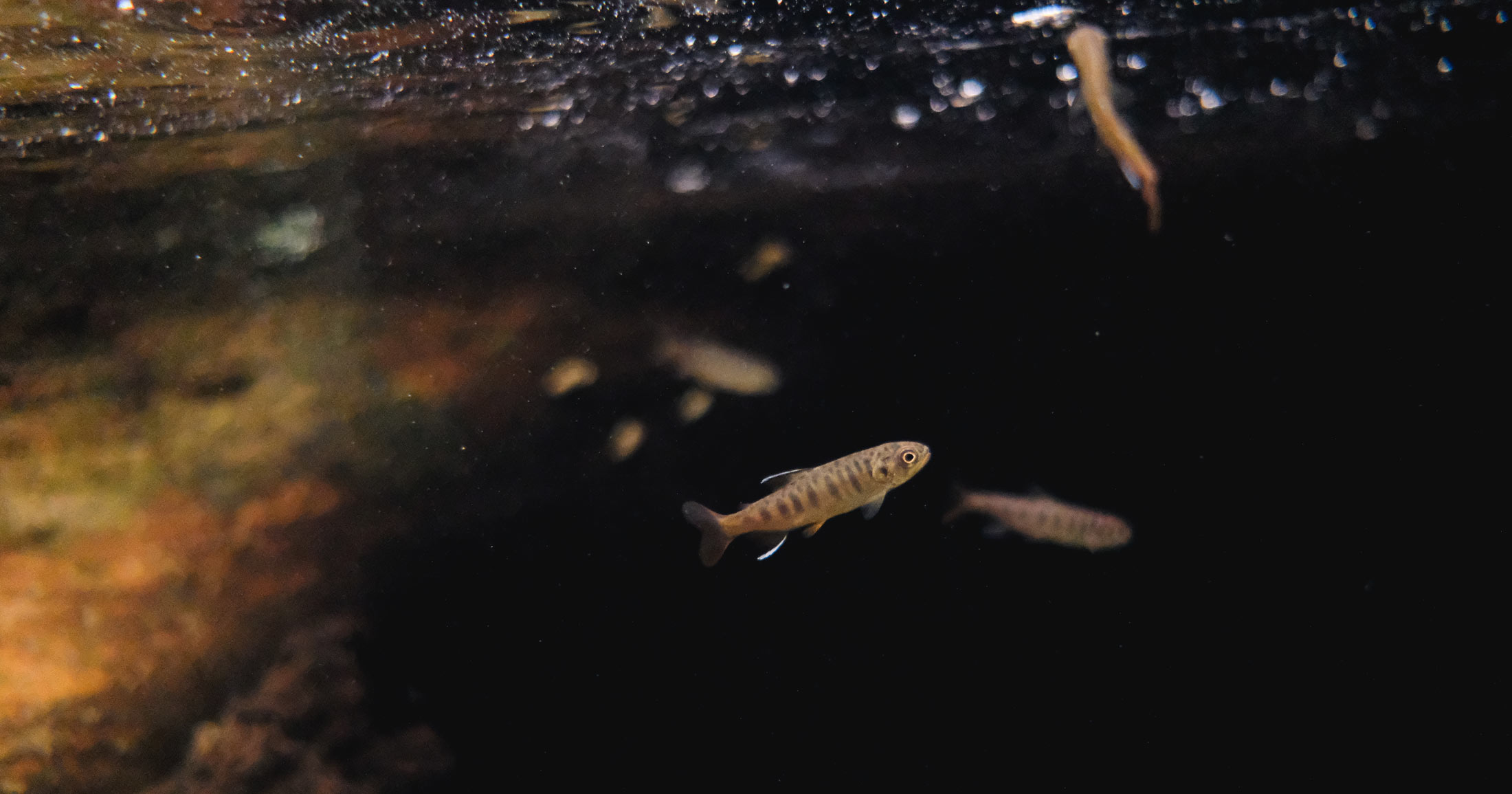Matching campaign success for KELÁ_EKE Kingfisher Forest!
In less than three weeks $150,000 has been raised toward the preservation and protection of 45 acres of coastal forest on S,DÁYES, North Pender Island.
On December 22, 2021, Raincoast and Pender Islands Conservancy announced our latest land acquisition initiative: the purchase and protection of KELÁ_EKE Kingfisher Forest. We kicked off the campaign with $75,000 of matching funds pledged to double the impact of each donation received. We are thrilled to announce that on January 8th we surpassed our target! This brings our fundraising total for the first three weeks of our campaign to $152,000!
While this initial push was essential to building a strong foundation for this campaign, we still have a long way to go. This is just the first step in a much larger, 18-month-long campaign with a final fundraising goal of $2.1 million. You can track our progress and learn more about Raincoast’s land protection work by visiting the campaign page.
KELÁ_EKE Kingfisher Forest is located in W̱SÁNEĆterritory and is home to rare and threatened ecosystems characteristic to the Coastal Douglas-fir biogeoclimatic zone. It is home to over 100 bird species, including the property’s namesake: belted kingfishers. These birds are described by the quintessential guide Sibley Birds West as “large, loud, and conspicuous”. They spend much of their time perched in high branches overlooking water in search of their preferred prey: these birds are the ideal sentinel for this conservation forest.
With the ongoing support of our community of supporters, protecting this land in perpetuity will become a reality.





